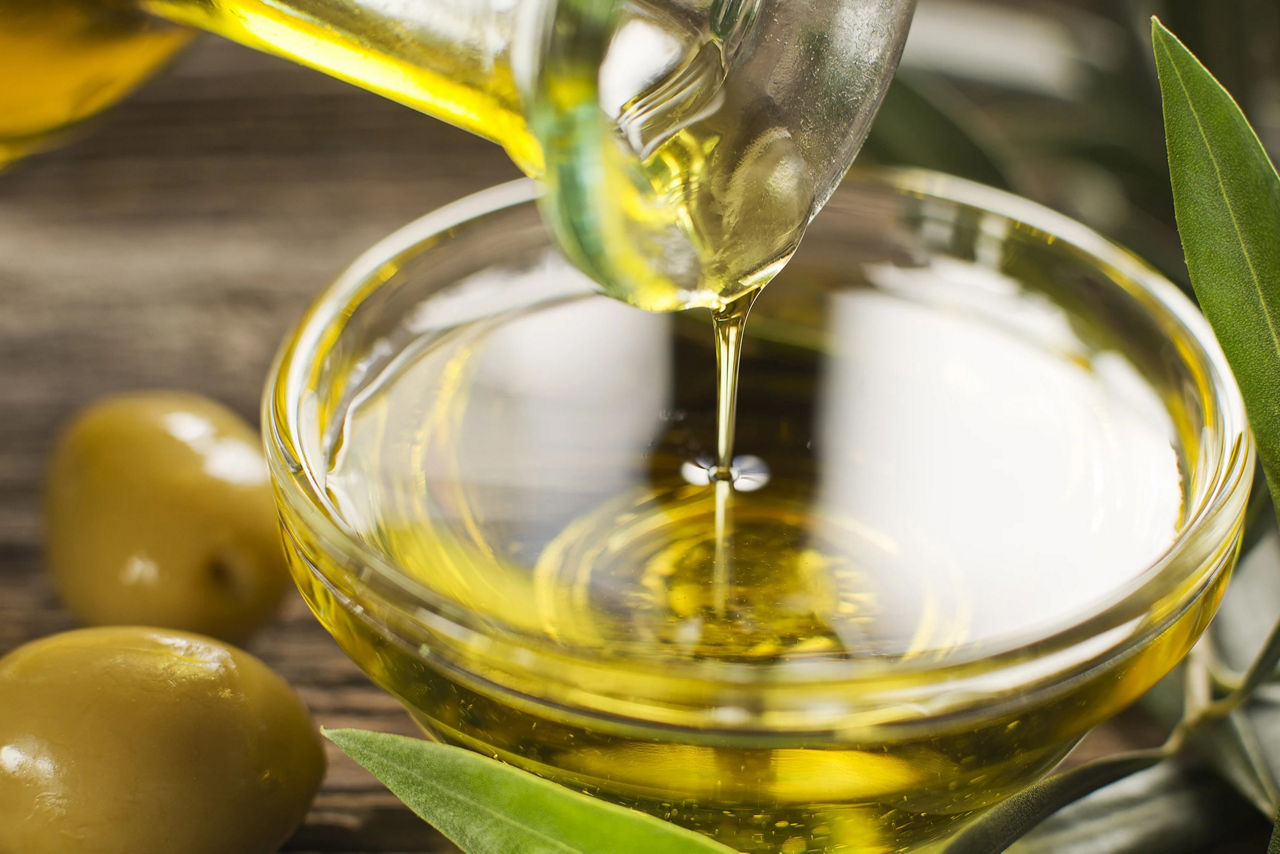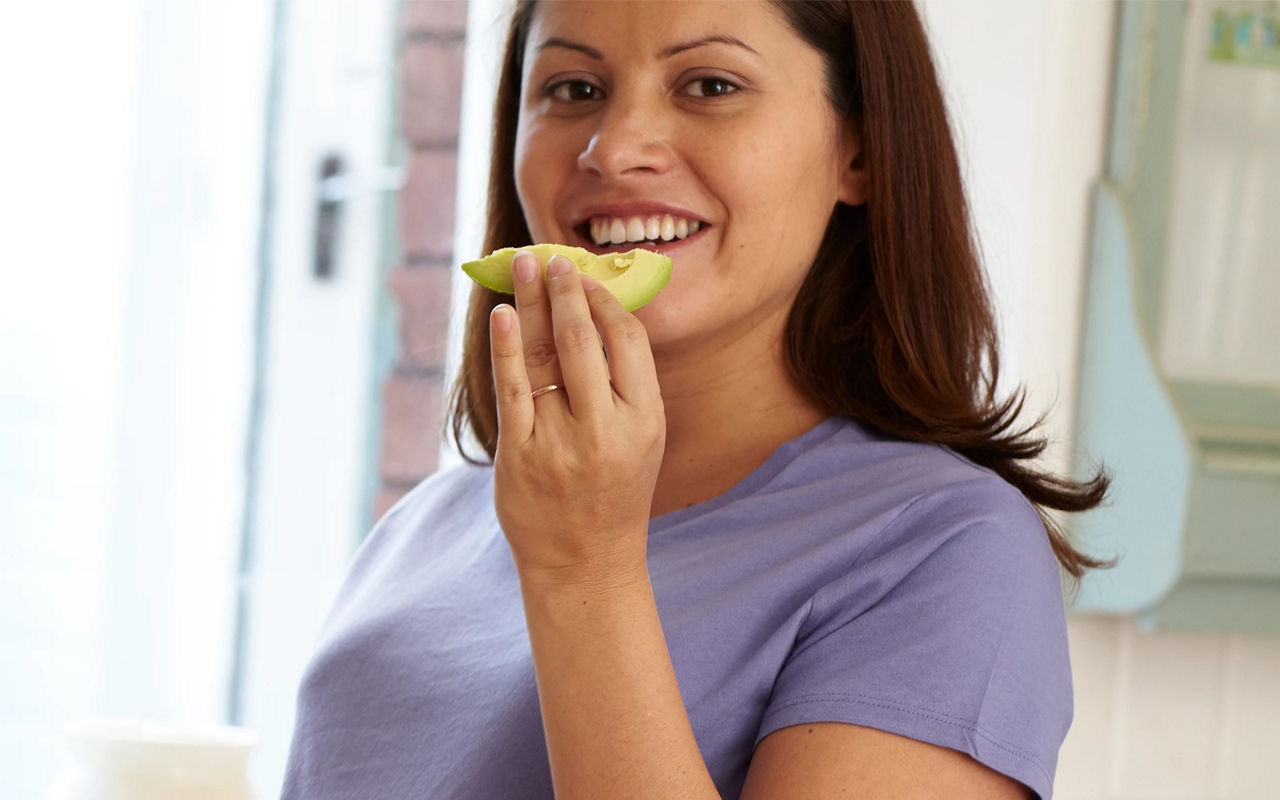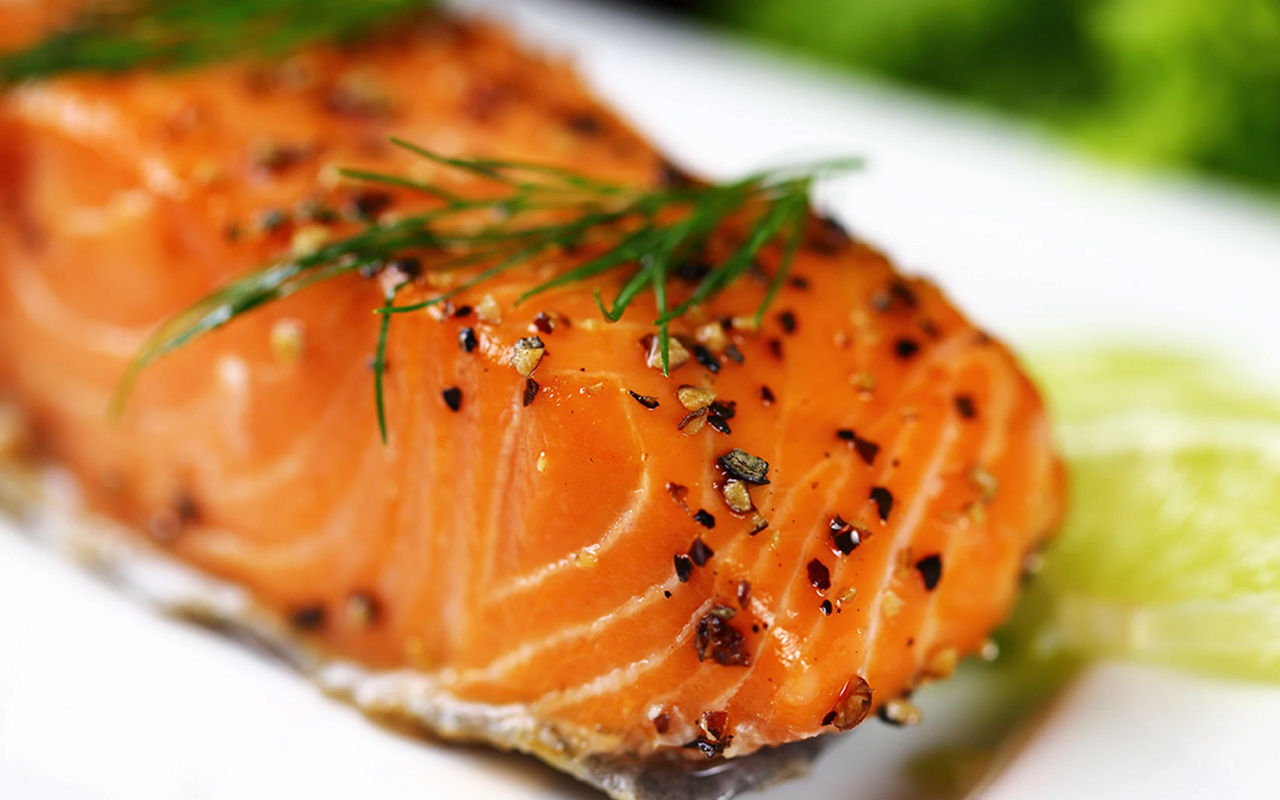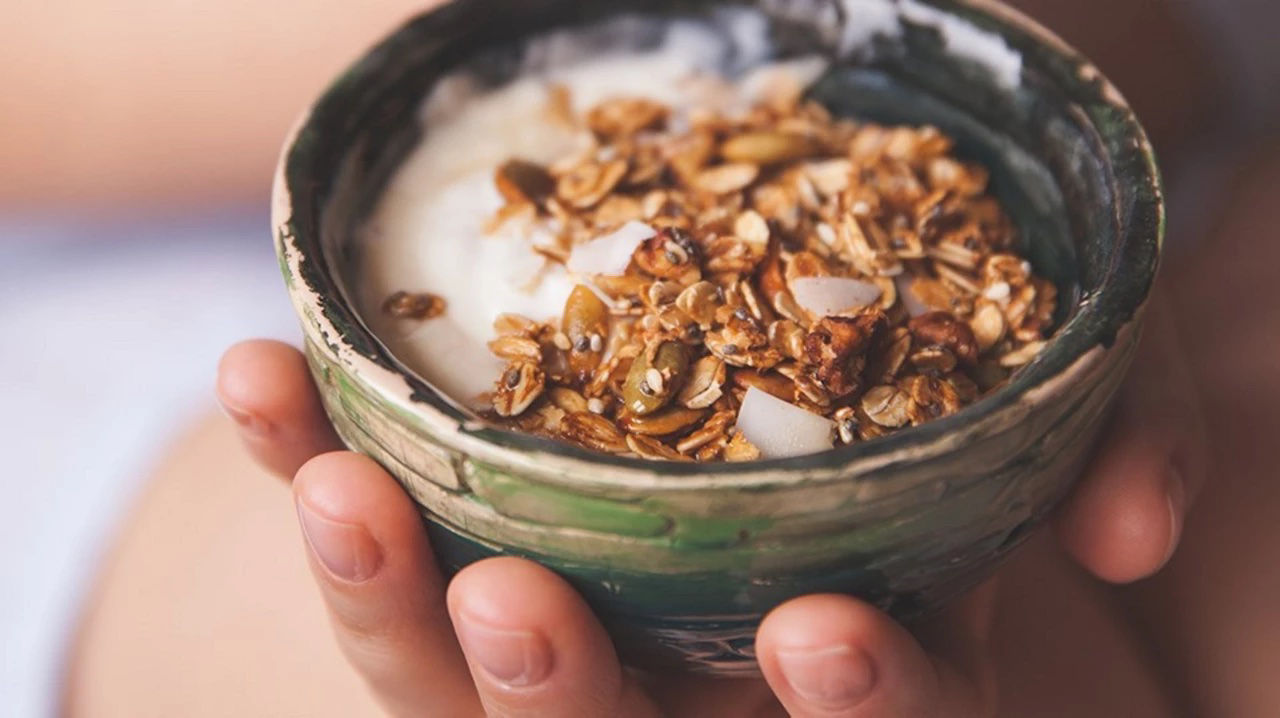Ideally, no more than 33% of your daily calorie intake should come from fats. Many people eat within this limit but there is a tendency to consume too many saturated fats and not enough of the healthier types
The HSE recommends that women should not consume more than 20g of saturated fat a day..
To tip the balance towards unsaturated fats, eat more of the following foods or other similar options:
- Avocados
- Sunflower seeds
- Olive oil
- Pine nuts
- Salmon
- Mackerel
- Sardines
Note: although the oily fish on this list are an excellent source of Omega 3s, you should limit your intake to 2 portions per week during pregnancy, due to the potentially high levels of mercury they can contain.






